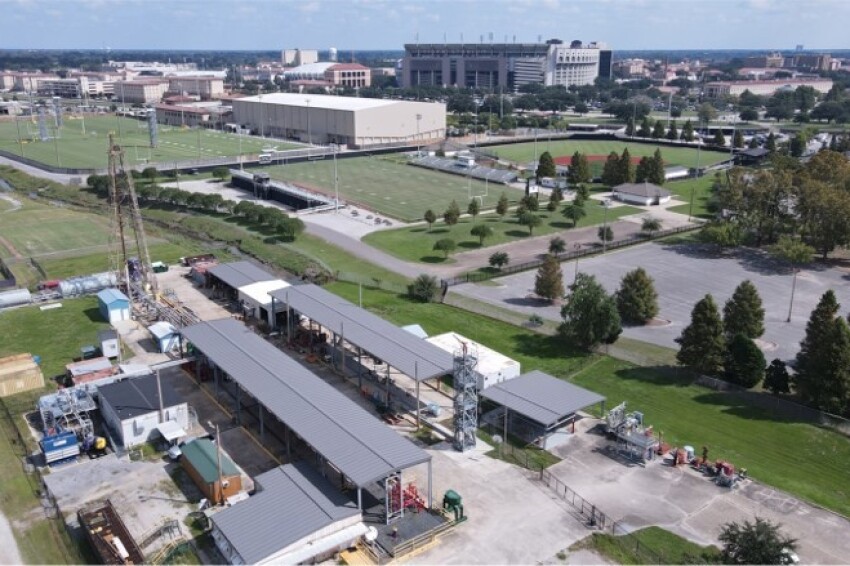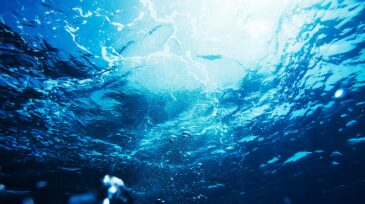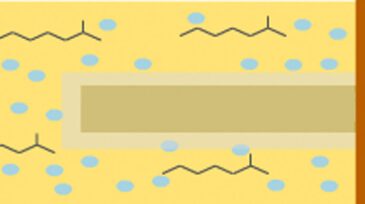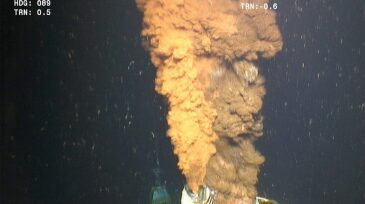Flow assurance
For more than a century, LSU has shaped petroleum engineering education, but few assets showcase its impact like the PERTT Lab. With six deep test wells and rare reservoir-depth gas-injection capabilities, the facility is helping drive breakthroughs in well control, carbon-dioxide injection, and next-generation energy technologies.
Experience in subsurface production and lift design is shaping a new generation of geothermal operations built for reliability and scalability.
The research facility said it plans to add multiphase-flow-testing capabilities for heavy oil and different viscosities.
-
Sensor systems for pipeline inspections from Ingu and Rheidiant are among the initial selections to receive funding under Chevron’s CTV Catalyst Program.
-
The expanded research and testing capabilities offer the only vertical test rig for subsea safety valves and one of the largest high-pressure natural gas test facilities in the world.
-
A new complex at Southwest Research Institute will support fluid dynamics research and the development testing of flow components.
-
As operators rely on longer subsea tiebacks, an upward trend in the number of plugs caused by paraffins and hydrates has been seen. New prevention and remediation methods are discussed to help solve these challenges.
-
A test method is being developed to screen paraffin chemistries in the presence of brine, closer resembling dynamic field conditions.
-
A BP flow assurance engineer discusses the shift in hydrate management strategy from complete avoidance to risk mitigation for an offshore dry tree facility.
-
The complete paper evaluates optimization techniques to develop, or support, business cases for intelligent or smart wells.
-
At the 2017 SPE Oilfield Chemistry Conference, an assistant professor from Heriot-Watt University discusses the optimization of squeeze treatments delivered by diving support vessels.
-
An investigator from the US National Energy Technology Laboratory examines the role remotely operated vehicles played in flow rate estimation from the Macondo well.
-
A look at techniques and technologies aimed at mitigating erosion issues from produced sand.













